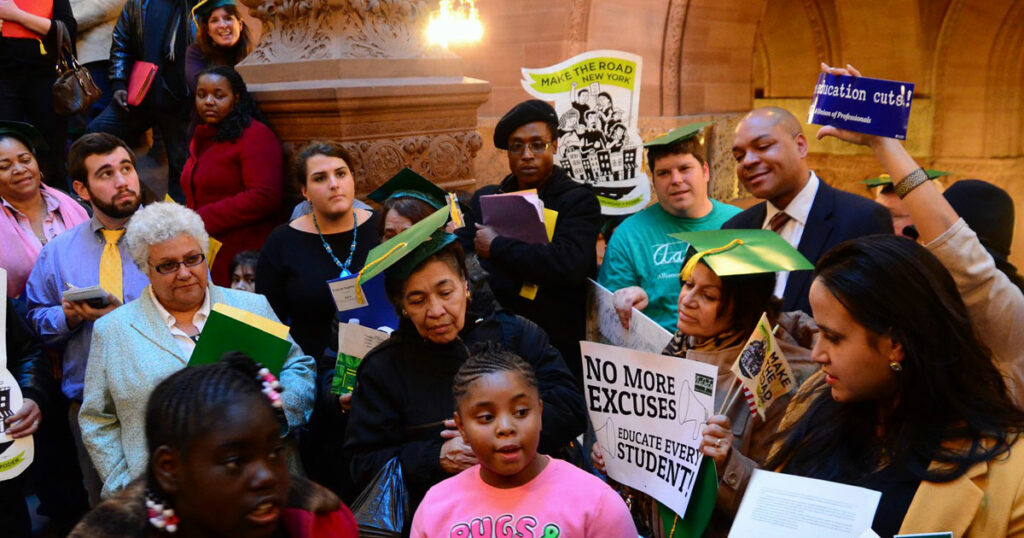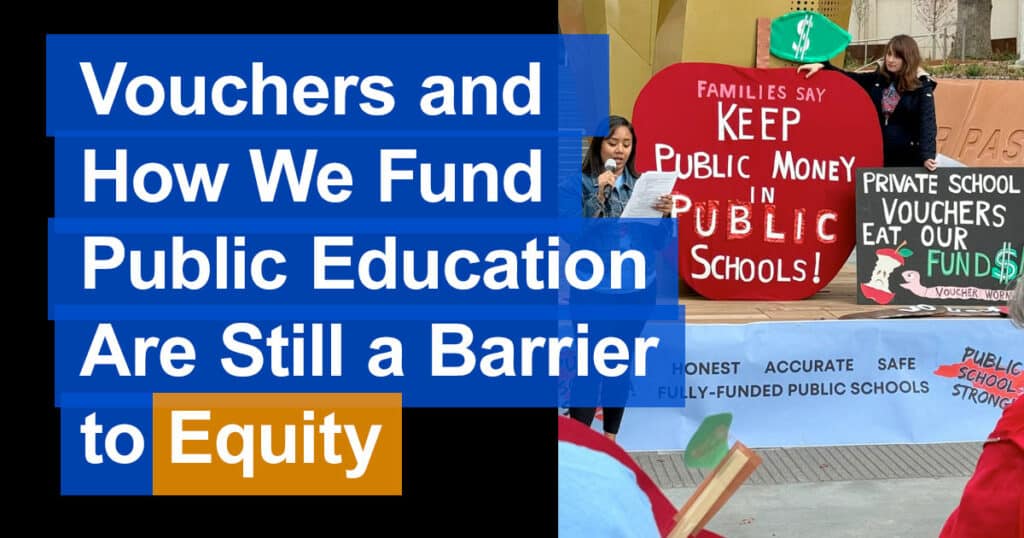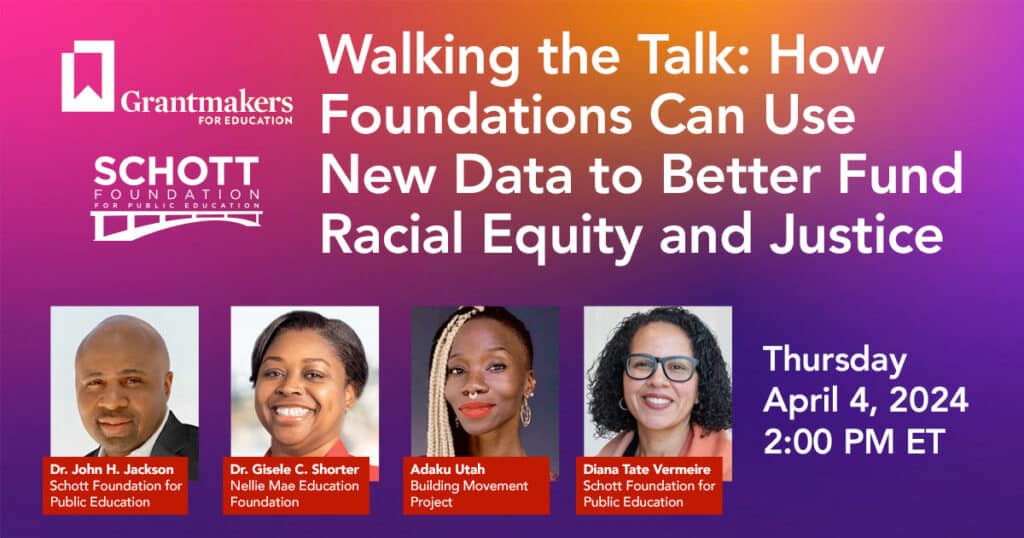Blog
The Best Defense Against the Far Right: Organized Communities

The polarization around school board races this fall was an extension of the heated and conflictual board meetings we saw across the country over the past year. The understandable stress and frustration caused by extended pandemic school closures was in some places diverted to other issues more amenable to the far right. These races threatened districts with candidates who want to ban teaching about racism in schools, oppose vaccines and masking, and support privatization, largely fueled by a nationwide conservative media narrative and board-focused PACs with deep pockets. While the overall results were far from a landslide, many extreme members did get elected who otherwise wouldn’t have.
What are those interested in equity and justice to do? Here are three strategies, proven by our grantee partners:
1. Educate the community.
If the only time community members think about education issues is during election season, you’re already at a disadvantage. Engaging with the public to educate them on the most pressing issues facing our schools should be a year-round activity. That kind of outreach helps build a baseline of knowledge that is resistant to misleading rhetoric they may watch on the news or see on the campaign trail. Our grantee partner, the New York City Coalition for Educational Justice (CEJ) is a citywide collaborative of community-based organizations that for years have fought for curriculum improvements in the city — not through Trumpian scare tactics, but by doing serious research, community participation, and policymaker education. CEJ, with well-crafted reports, public outreach, and trusted roots in local communities, made an unshakable case for culturally responsive education. They managed to buck the national trend and win a $200 million commitment from New York City Public Schools to develop a culturally responsive curriculum that represents and speaks to the lived experience of students of every race and gender in the city.
2. Organize to win tangible improvements.
Despite the frequent presence of divisive rhetoric and wedge issues in public education, a focus on transforming schools through new investments and practices can unify communities with a shared vision. Our grantee partner the Alliance for Quality Education is a perfect example of the incredible impact achieved by doing the painstaking work of building community-rooted movements for education justice. AQE has won funding and racial justice victories in communities across New York State and this past spring securing billions in new dollars for public schools.
3. Grow public participation.
Low turnout is a perennial problem with school board elections: both the electorate and the elected skew much whiter than the general public, and fringe candidates manage to win when so few are paying attention. But low voter turnout can’t be tackled on its own. Participation in school board elections is a sign of a much larger question of community voice in our schools, and that extends far beyond the ballot box. Through open meetings, community forums, and participatory budgeting, districts have a myriad of tools to include community priorities in policymaking. The allocation of American Rescue Plan funds has been a prime opportunity for districts to open up. For example, thanks to years of organizing in the city and region to build grassroots parent and youth power, Boston has created a Return, Recover, Reimagine commission to make sure stakeholders from across the community help determine how $400 million in new education dollars will be spent. The recent decisions to move cities like Little Rock and Chicago to elected school boards, and for Worcester to revamp its racially discriminatory electoral scheme, should also be seen in this spirit: shifting power closer to those most affected by decisions will have positive spillover effects for our classrooms, neighborhoods, and democracy. As we note in our Loving Cities Index, civic participation is a driving indicator of the health of any community.


